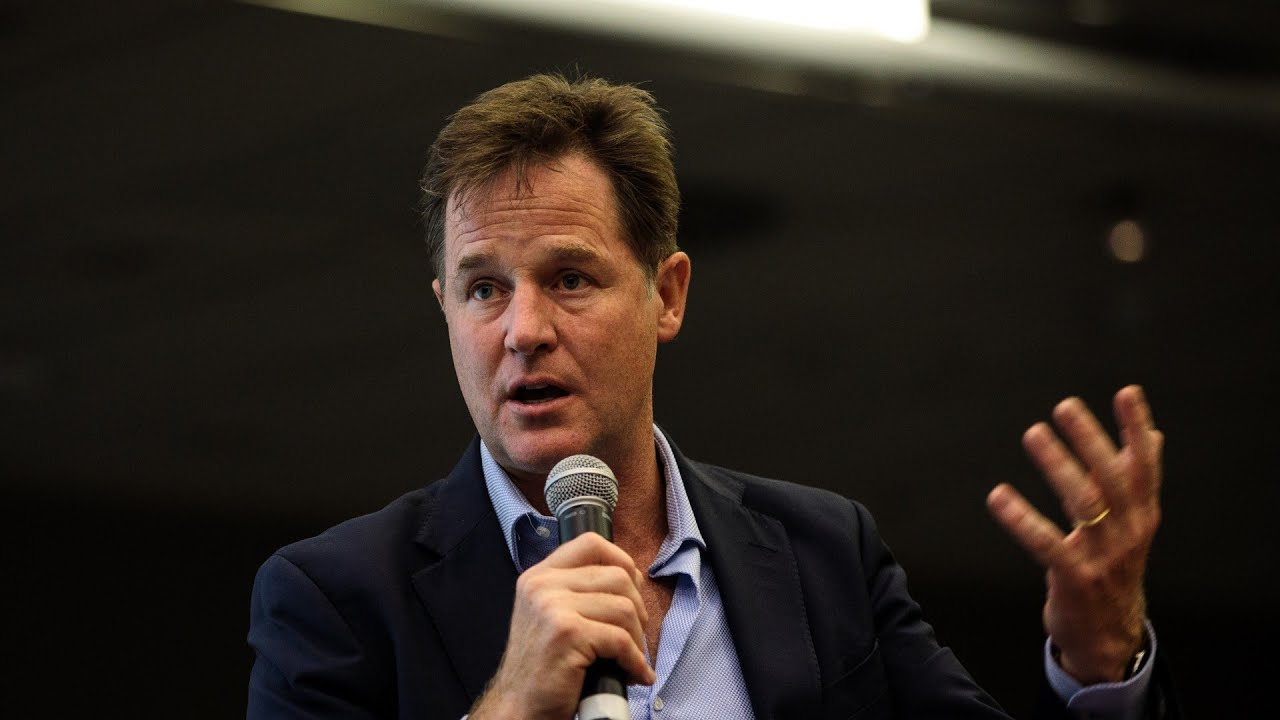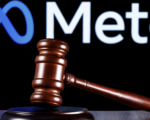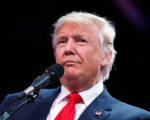Meta Platforms has named Joel Kaplan, a prominent Republican and long-time executive at the company, as its new Chief Global Affairs Officer, replacing Nick Clegg. The leadership change comes as Meta navigates its relationship with President-elect Donald Trump, who has criticized the company’s handling of political content and threatened legal actions against its CEO, Mark Zuckerberg.
Nick Clegg, who joined Meta in 2018 after serving as the British deputy prime minister and leader of the Liberal Democrats, announced his decision to step down from his role on social media. Clegg stated, “Joel is quite clearly the right person for the right job at the right time—ideally placed to shape the company’s strategy as societal and political expectations around technology continue to evolve.”
Kaplan’s Background and Controversies
Kaplan, who has been with Meta since 2011, previously served as Deputy Chief of Staff for Policy under former Republican President George W. Bush. During his tenure at Meta, Kaplan has been a controversial figure. He has faced accusations of promoting a conservative agenda while advocating for political neutrality. Internal company documents leaked by a whistleblower in 2021 revealed claims that Kaplan had influenced Meta’s content moderation policies to favor Republican political figures, a charge the company has denied.
Kaplan’s attendance at a Senate hearing in 2018 supporting Brett Kavanaugh, a Supreme Court nominee accused of sexual assault, further fueled employee discontent. Meta later admitted to “mistakes handling the events” surrounding Kaplan’s public stance.
Despite these controversies, Kaplan is seen as a strategic choice to lead Meta’s global policy and communications teams as the company works to align its approach with evolving political expectations. Kevin Martin, another Meta executive with Republican ties, will succeed Kaplan as head of global policy.
Meta’s Relationship with the Incoming Trump Administration
The leadership transition coincides with Meta’s efforts to mend relations with President-elect Trump following years of strained interactions. Trump, who was banned from Meta’s platforms in 2021 after the Capitol riots, has accused the company of bias against conservatives and suppressing content critical of Joe Biden during the 2020 election.
Since Trump’s election victory in November, Meta has taken steps to improve its standing with the incoming administration. The company has donated $1 million to Trump’s inaugural fund, breaking from its previous practices, and CEO Mark Zuckerberg has publicly expressed regret over content moderation decisions that alienated conservative users.
Meta’s overtures appear to have softened tensions, with Trump no longer publicly targeting the company as aggressively as in the past. However, critics argue that these moves raise questions about Meta’s commitment to unbiased content moderation and its broader influence on political discourse.
The Road Ahead for Meta
Kaplan’s appointment signals a strategic pivot as Meta faces heightened scrutiny over its role in shaping public opinion and its policies surrounding political content. The company will likely face pressure to balance the expectations of conservative political leaders, internal employee concerns, and the broader public’s demand for transparent and equitable content governance.

















